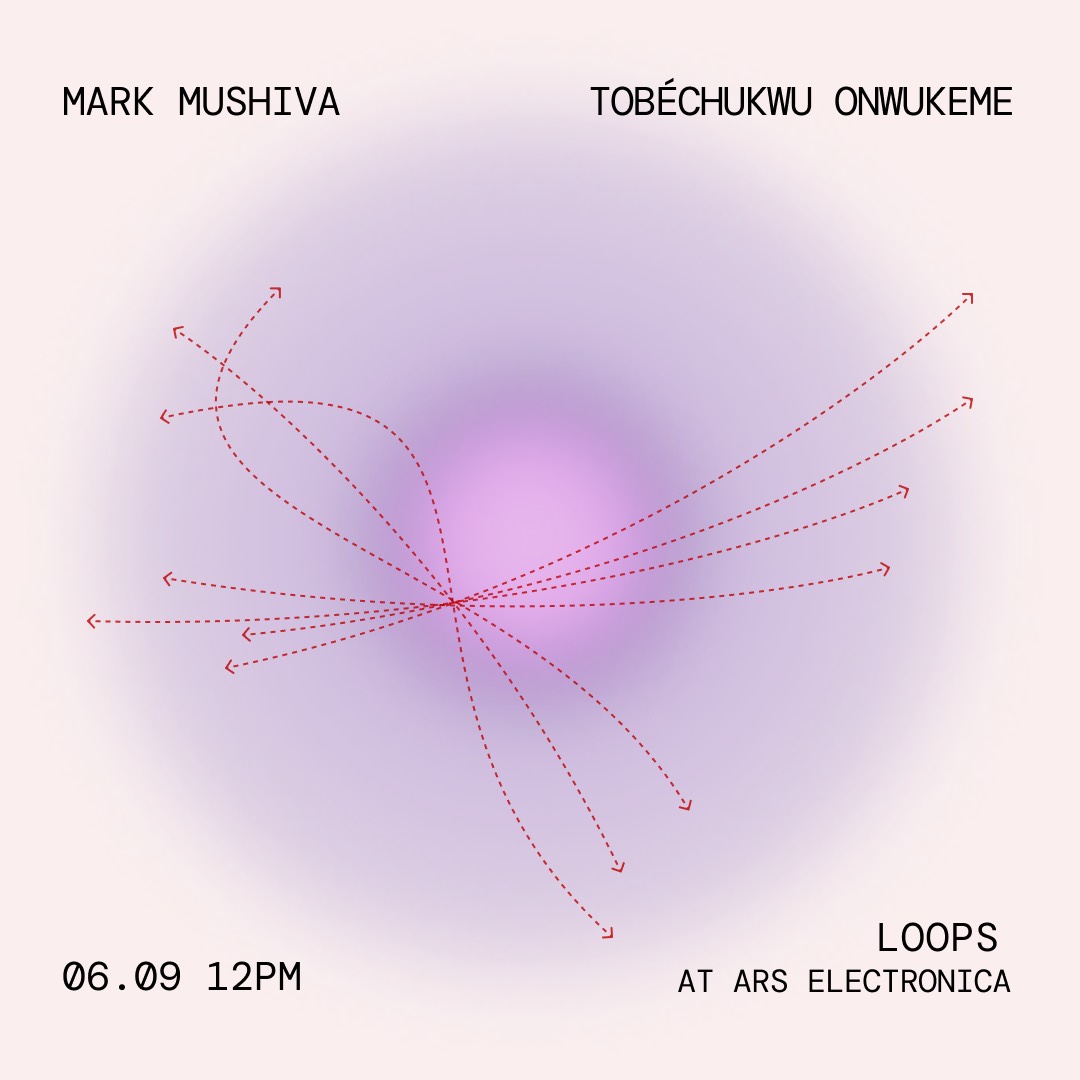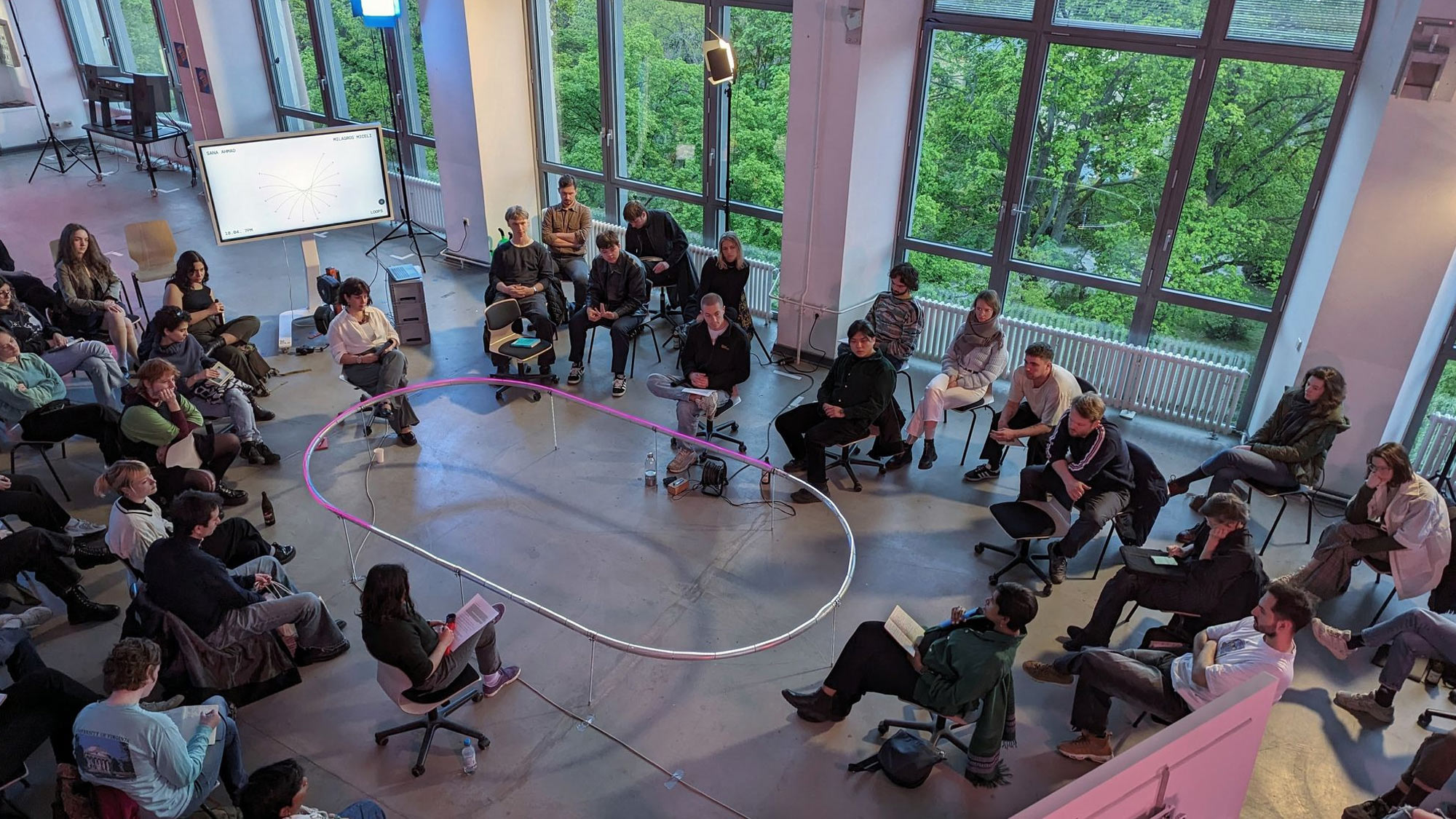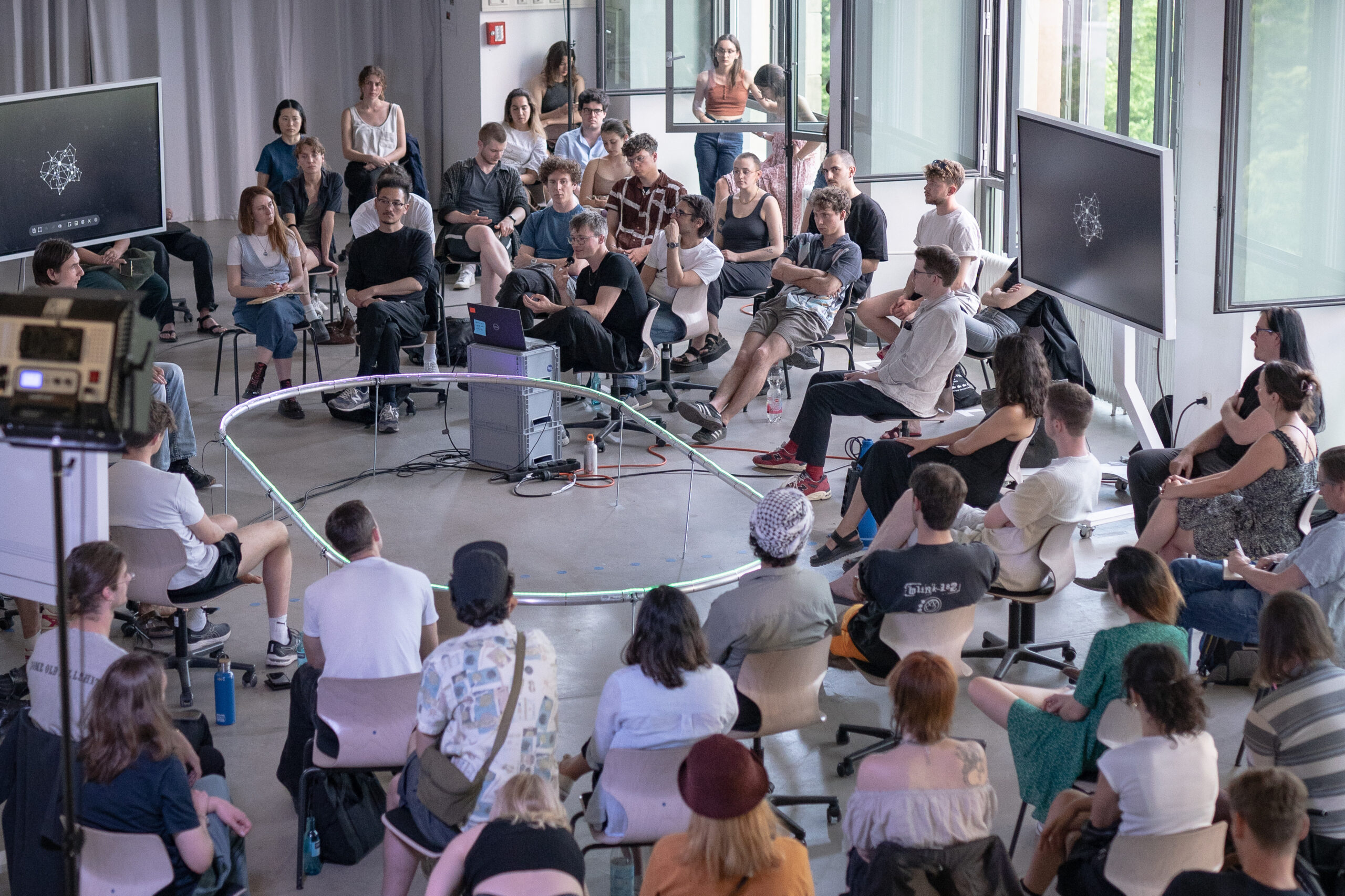What does it mean to critically investigate violence and human rights violations using the latest technologies and “open source investigation” techniques? For the Ars Electronica edition of our Loops series, we are joined by Mark Mushiva and Tobechukwu Onwukeme—members of the Forensic Architecture team, among others—for a conversation about their interdisciplinary practices and the role of computation in investigative methods.
The event will take place at the Ars Electronica Festival and is open to all. A livestream will be available too.
Loops is the public event series of New Practice in Art and Technology in cooperation with the Berlin University Alliance. It explores current questions facing our society at the intersection of art, science and technology. With a unique discursive format, Loops offers a space for exchange between guests, scientists, students and the public.

Language: EN
Bios
-
Mark Mushiva
Mark Mushiva is a creative technologist. He makes things that combine art, games, music and computer science. He currently works as a research assistant at Forensis.
Mushiva holds a master’s degree in Information Technology from the Namibian University of Science and Technology (NUST) and Aalto University in Finland. He also holds a PhD in Human Computer Interaction from the University of Trento, Italy. His PhD thesis focused on Designing Low-threshold Prosocial Games for Intergenerational Interaction. -
Tobéchukwu Onwukeme
US
Tobéchukwu Onwukeme is a computational designer and researcher in the interdisciplinary research group FORENSIS. His research and practice focuses on utilizing geospatial technologies and algorithms to map the inherent violence of neocolonial systems and infrastructures. He has worked at various labs and agencies as a design technologist where he designed and developed applications for computer vision, sensors, ML, data sonification, and material fabrication.
Credits
Berlin University Alliance, New Practice in Art and Technology, InKüLe


